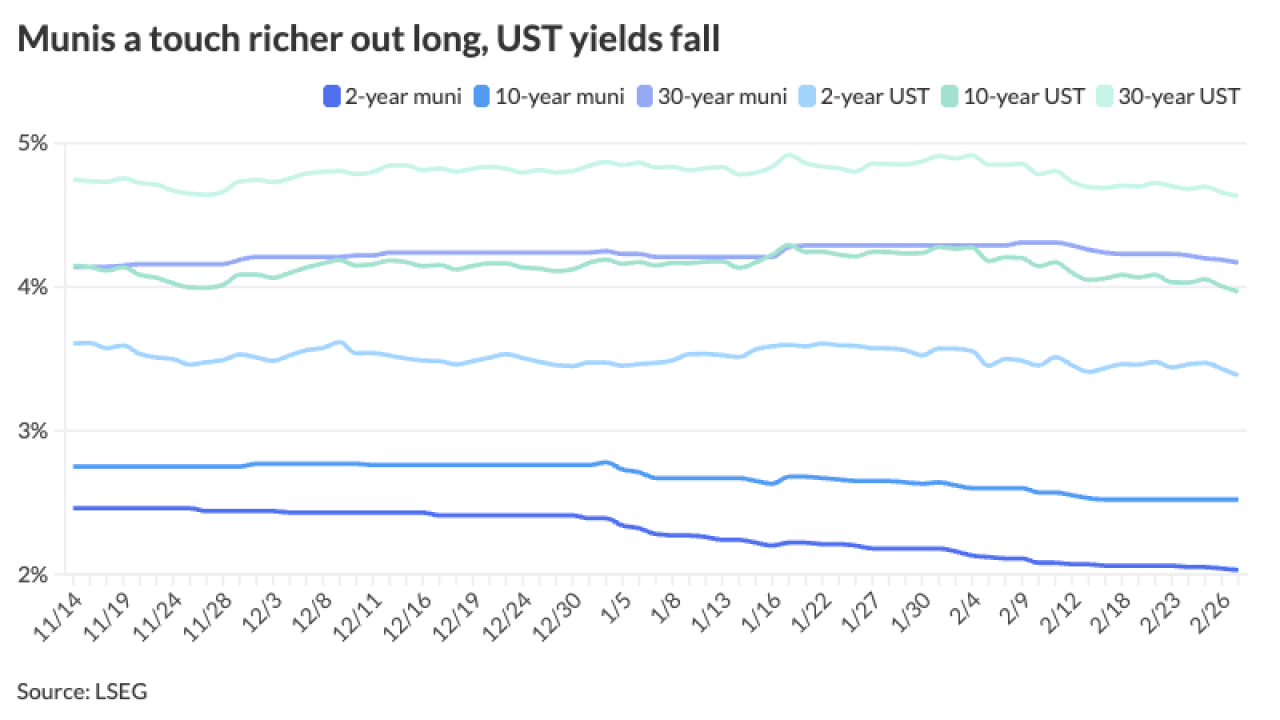WASHINGTON — San Francisco Federal Reserve Bank President John Williams said the European crisis, the fiscal tightening at all levels of government and the overall business uncertainty are all weighing on the U.S. economy, but Fed actions should help build momentum for recovery.
Williams stressed that though the Fed opted for a course of more easing to support the recovery, that strategy can be adjusted or ended if it is "causing significant economic problems," and, critically, that the stance does not indicate any wavering in the Fed's focus on price stability.
In a speech prepared for delivery to Financial Women's Association of San Francisco, Williams pointed to the signs of improvement in the economy, but cautioned about the factors holding back a strong recovery.
"Why then are we unable to shift into a higher gear of growth? Three reasons stand out: the European crisis, the budget squeeze at all levels of government in the United States, and a pervasive sense of uncertainty," Williams said.
"Europe's problems have been a dark cloud hanging over global financial markets and our own economy for the past two years," he said.
The European Central Bank announced a "bold plan to stabilize the markets" which "Hopefully ... will buy enough time for European governments to put in place more comprehensive solutions for their banking and sovereign debt problems," but he warned that "it is far from certain that European leaders will
succeed in doing so."
Meanwhile, the Fed has taken steps that "I'm convinced ... represent the best course to move us closer to" the long-run goals.
"These policy actions are designed to help us achieve both our maximum employment and price stability goals. In no way has our commitment to price stability wavered," Williams said.
Inflation should move up closer to the 2.0% long-run goal from the historic low of 1.3%, though it will remain below 2% for a "few years."
Williams said, "Thanks in part to the Fed's recent policy actions, I anticipate the economy will gain momentum over the next few years. I expect real gross domestic product to expand at a modest pace of about 1-3/4 percent this year, but improve to 2-1/2 percent growth next year and 3-1/4 percent in 2014."
Unemployment should gradually decline to about 7.25% by the end of 2014, and "we will continue buying mortgage-backed securities until the job market looks substantially healthier," he said. "We said we might even expand our purchases to include other assets."
He pointed to positive signs in the economy already evident.
"Private-sector payrolls have climbed for 31 consecutive months, adding nearly 4-3/4 million jobs. That's more than half what we lost in the recession," he said, which represents "real progress. But we're still a long way from where we should be."
"We still bear the scars of those events (of the financial crisis), but there's no doubt our economy is on the mend," Williams said.
Credit conditions have improved, with lenders now more willing to extend credit, and pent up consumer and business demand is picking up, reflected in rising housing and car sales, he said.
He said "housing is once more showing signs of life" as sales rise and we've started working off the huge backlog of foreclosed properties."
"The housing recovery includes a rebound in home construction, something particularly important for the health of the overall economy," and which will be a key driver of the recovery moving forward.
However, critical to the outlook is the looming fiscal cliff, which if not addressed could take the U.S. economy back "to the brink of recession," Williams warned.
With declining tax revenues as the federal, state and local levels "fiscal policy in the United States has shifted from the accelerator to the brakes as far as growth is concerned," he said.
Allowing further fiscal cuts to take place at the start of the year will exacerbate the problem, but Williams expressed guarded optimism.
"Now, I don't expect all these tax hikes and spending cuts to take place as scheduled. For example, it's likely that the Bush tax cuts will be extended temporarily and that some spending cuts will be deferred. Still, there's little doubt that some austerity measures will hit, and that is likely to slow our economy's progress."
And while the Fed cannot directly affect fiscal policy, it has a "compelling interest" in those policies.
"We face a devilishly complicated balancing act. In the short run, we don't want to jeopardize the recovery by moving too fast to slash spending and raise taxes," he cautioned, but "we must get our fiscal house in order" and "continue to make the investments needed to make our economy more productive and competitive."
Market News International is a real-time global news service for fixed-income and foreign exchange market professionals. See





